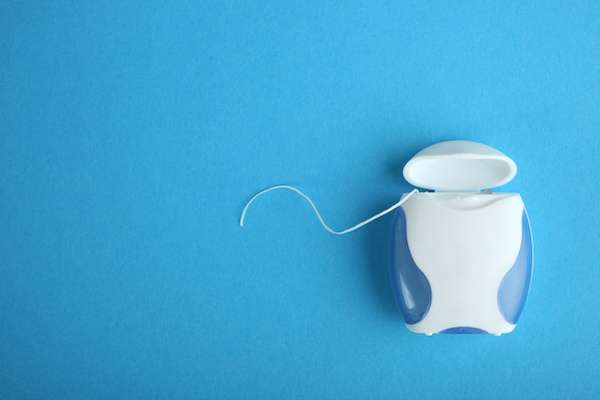 Just about every patient who visits a dental practice will leave with a few tips about oral hygiene. Dental professionals can be a valuable resource for how to keep the mouth healthy and can talk at length about oral hygiene. Here are four things a dentist may want you to know about how to care for the mouth.
Just about every patient who visits a dental practice will leave with a few tips about oral hygiene. Dental professionals can be a valuable resource for how to keep the mouth healthy and can talk at length about oral hygiene. Here are four things a dentist may want you to know about how to care for the mouth.
Four healthy habits to incorporate
While tooth brushing before bed is a good start, there are other habits to form that can encourage oral health.
1. Do not rinse right away
Most people tend to use toothpaste in a similar manner to soap. After applying the toothpaste and lathering up, water is used to rinse out the residue. The truth is, toothpaste can be more effective when allowed to remain on the teeth. It is a topical agent and useful for more than scrubbing away food particles. The ingredients in toothpaste can get rid of harmful bacteria, and leaving it on the teeth longer can give it more time to work. After brushing, spit out the foam, but refrain from rinsing for 30 minutes for maximum results.
2. Take a good look when brushing
Not all tooth issues cause pain until the problem is serious. There can be visible signs of tooth decay before any pain is felt, and picking up on these indicators can allow a dentist to prevent further damage to the tooth. The following are warning signs to look for when brushing:
- Brown spots
- Spots that look dull or soft
- Pits or indents
- Gum recession
Any of these can indicate tooth decay and should result in a visit to the dentist.
3. Do not ignore pain
In many cases, people do not visit a dental practice until they experience severe pain. This can result in extensive, costly repairs. By alerting a dental professional at the first hint of pain, the procedures required to fix the issue can be minor. Even if the sensation is closer to discomfort or heightened sensitivity than actual pain, it can still be worth mentioning. After all, sensations are the body's way of pointing out problems or irregularities.
4. Floss daily
Sporadic flossing can actually be harmful to the gums. Those who only floss once a week or when there is a piece of popcorn lodged in the teeth are at a higher risk of gum disease. When teeth are not flossed daily, plaque, tartar and bacteria can build up around the gum line and cause infection, irritation and swelling. Flossing irritated gums every so often can only irritate them more and make the problem worse.
Check out what others are saying about our dental services on Yelp: Dental Practice in La Puente, CA.
Conclusion
Proper oral hygiene is essential for a healthy mouth. Daily brushing and flossing using the correct technique can not only keep the mouth clean but also increase awareness of any changes. Paying attention to the appearance of and sensations in the teeth can allow potential issues to be addressed by a dental practice before further damage is done.
Request an appointment or call MyDentist La Puente at 626-345-6117 for an appointment in our La Puente office.
Related Posts
For many people, the decision to get dentures is a significant step toward reclaiming their oral health and well-being. Getting dentures from a restorative dentist can help restore confidence, function, and the joy of showing off your smile. If you are considering dentures, understanding the process ahead of time can alleviate any concerns and prepare…
A restorative dentist plays an important role in dental health and aesthetics. Damaged or missing teeth can impact a smile's appearance and cause problems for oral health and function. This is why restorative dentists offer a range of repair and replacement procedures to keep a patient's smile looking and feeling the way it should.A restorative…
Achieving a straighter, healthier smile is now more accessible than ever through modern adult orthodontics. Whether addressing long-standing bite concerns or enhancing overall appearance, today’s treatment options offer greater comfort, discretion, and efficiency than in days past. Dental providers work closely with patients to design personalized treatment plans that fit modern lifestyles. With the right…
